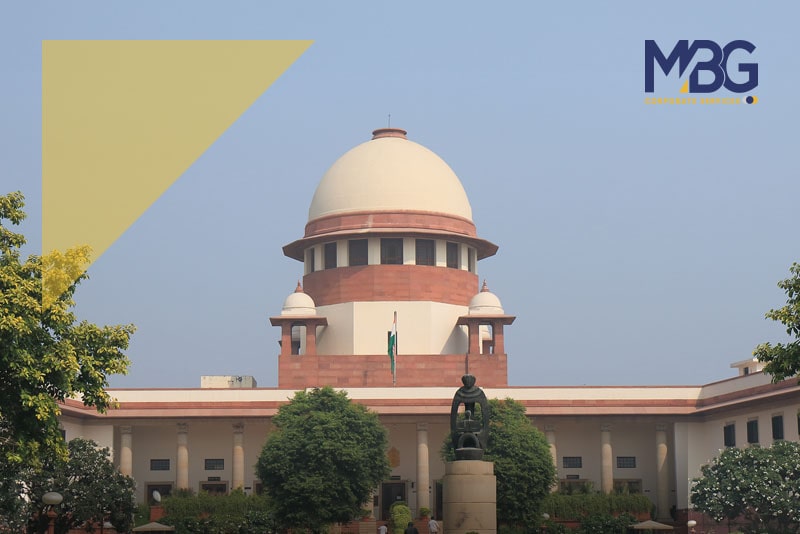Execution of Sale Deed without ownership doesn’t entitle transferee or his Successor to Claim any right based on such deed
April 26, 2024

The Hon’ble Supreme Court of India, in the case of Kizhakke Vattakandiyil Madhavan (Dead) Thr. LRs. v. Thiyyurkunnath Meethal Janaki and Ors, held that a widow who remarried lacked rights in the property of first husband, and the said rights could not be conveyed to another.
Background of the Case:
The present case pertains to the partition of suit property between two brothers, Sankaran and Chandu. Sankaran and Chandu were uterine brothers and sons of Chiruthey, a woman who was married twice. Chiruthey first married Madhavan, and Sankaran was born from this marriage. After Madhavan's death, Chiruthey married Neelakandan, and Chandu was born from this marriage.
The brothers belonged to a Malayakamala sect and were governed by the Hindu Succession Act, 1956. As per the several deeds executed over the years, including a mortgage deed dated May 7, 1900, and subsequent lease agreements executed in 1910, Chandu claimed a share of 8/20 in the property, stating that it belonged to his mother, Chiruthey.
Both Sankaran and Chandu passed away during the legal proceedings, and now their successors are representing their claims.
The Trial Court agreed with Chandu's claim and ordered the property to be divided. However, the First Appellate Court disagreed and dismissed the suit, stating that Chiruthey did not have the right to lease the property as she had remarried Neelakandan after Madhavan's death. The High Court, on the other hand, relied on deeds from July 1910 to support Chandu's claim.
Hence, the appellants approached the Apex Court.
Issues before the Supreme Court:
Whether Chiruthey had any title over the subject-property which the plaintiff claimed through the series of transactions?
Judgment:
In this case, the Supreme Court examined a situation where one person tried to claim property rights based on documents without legal right in the property. The court clarified that simply having documents, like deeds, doesn't automatically grant ownership rights if the person doesn't actually possess the property.
The Apex court also acknowledged the validity mortgage deed and subsequent lease agreements executed in 1910 but emphasized that Chiruthey's rights had already lapsed due to her remarriage in terms of the Section 2 of the Hindu Widow's Remarriage Act of 1856, making Chandu's claim invalid. Thus, Chandu couldn't claim the property.
Further, the Court observed that what she got back by way of the document was limited right as that of a lessee and not as a successor of her first husband.
Accordingly, the Apex Court allowed the appeal, set aside the decision of the High Court, and affirmed the decision of the First Appellate Court.
This judgment highlights the importance of actual ownership versus legal documentation when it comes to property rights.
Relevant provisions:
- Section 2 of the Hindu Widow's Remarriage Act of 1856 states that a widow loses her rights to her deceased husband's property if she remarries.
Source:
Kizhakke Vattakandiyil Madhavan (Dead) Vs Thiyyurkunnath Meethal Janaki and Ors. Civil Appeal No. 8616 OF 2017, decided on 9th April, 2024.
https://main.sci.gov.in/supremecourt/2010/6538/6538_2010_5_1501_52108_Judgement_09-Apr-2024.pdf






